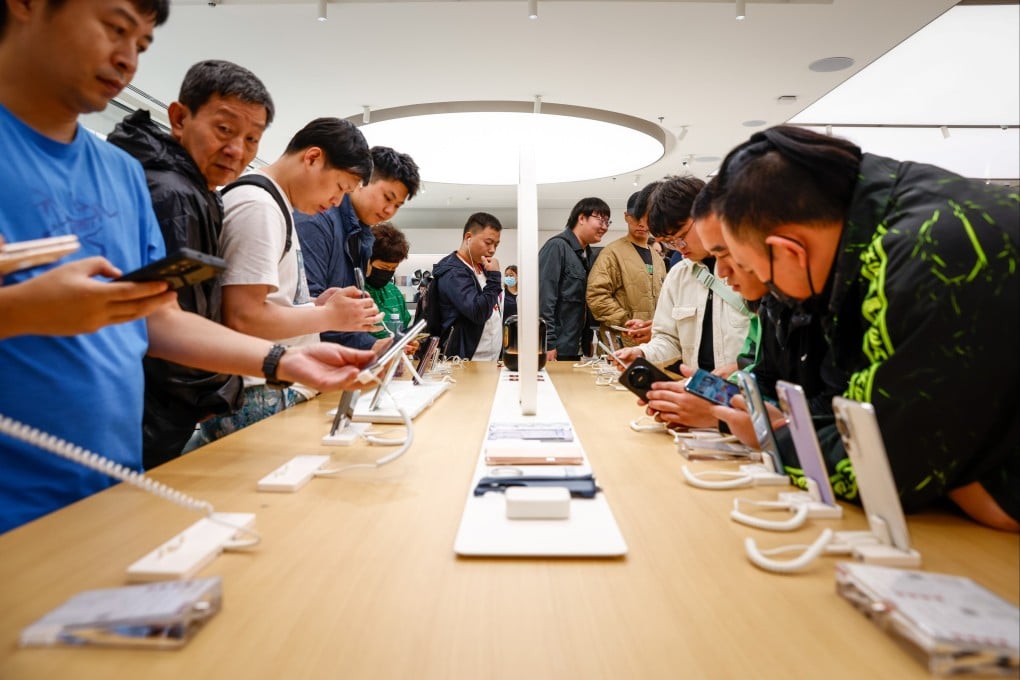The View | US can’t win China tech war without a strategy. Huawei is proof
- Strategic thinking requires a focus on the longer term and is largely absent in US policies today. Yet, US tactics such as tariffs and sanctions have not stopped Huawei from developing its breakthrough new phone
- This is what happens in a conflict where one side is focused on tactics and the other on strategy

The debate over the difference between tactics and strategy is as rich as it is enduring. In his seminal 1996 article in the Harvard Business Review, Harvard’s Michael Porter tackled this issue head on. While his focus was business, his arguments can be applied much more broadly – including to today’s Sino-American rivalry.
Porter differentiated between “operational effectiveness” and strategy, arguing that nimble companies had become well practised in the former, but had dropped the ball on the latter. He also drew a sharp contrast between tactical tools – such as benchmarking, re-engineering, and total quality management – and competitive strategies aimed at “choosing a different set of activities to deliver a unique mix of value”.
Notwithstanding Porter’s role in shaping the modern debate about strategy, today’s American body politic has little patience for long-term thinking. This was not always the case. George Kennan, first as a diplomat and later as an academic, devised the containment strategy that the United States used against the Soviet Union during the Cold War.
Andrew Marshall, as the head of the Pentagon’s Office of Net Assessment, pushed the envelope on US military strategy. And Henry Kissinger, of course, was the ultimate practitioner of what has been dubbed “Grand Strategy”.
But these were exceptions, not the rule. Ever since former US president George H.W. Bush famously mocked “the vision thing” ahead of the 1988 presidential campaign, strategy has been held in low regard in Washington. The real-time feedback of ever fickle focus-group polling has become the North Star of US policy decisions.

